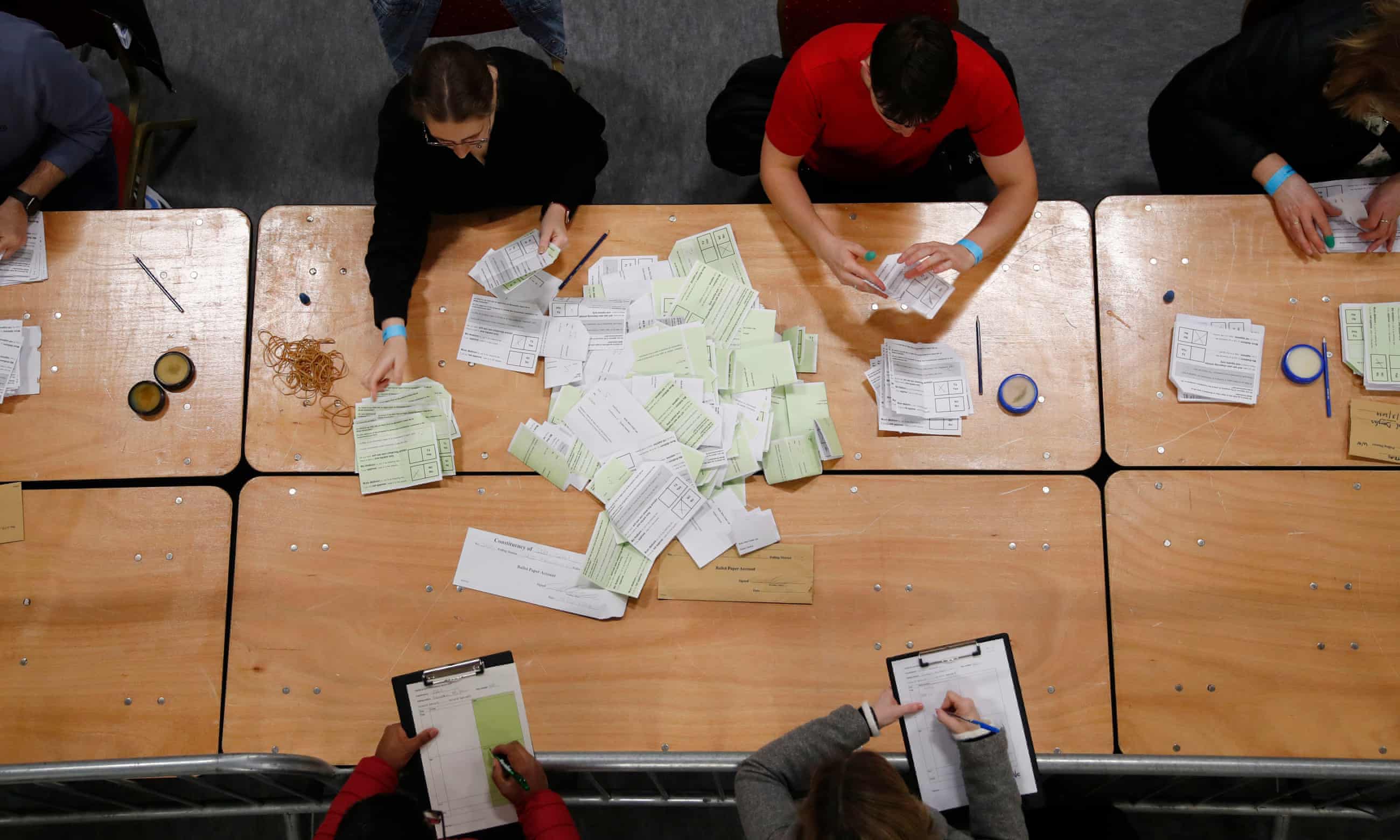Experiments in oversight-only IVEs (i.e., IVEs that don’t elect legislators) of governmental bodies could start small, at the local level, and work upward, to the county, state, and national levels, if justified by prior success.
Then the power of electing a portion of the legislators under their supervision could be phased in, as experience warrants, and as voters approve, and IVEs would become PEs (Proxy Electorates).
Voters might be glad to delegate the election of certain low-level officeholders, like dogcatchers, sewer commissioners, and comptrollers to Proxy Electorates. Voters know little of their qualifications and characters—and don’t want to know. Let George Do It is their unspoken attitude.
New PE members would be given a crash course on their assigned topic, and on the rules and customs of being a Proxy Elector.
PEs would gather, usually online, at regular intervals (more frequently at high levels) to hear their officeholders—and their critics—speak, and to interrogate them. They would not gather only at election time.
In the intervals between these gatherings, Proxies would have a private cyberspace forum and a Zoom site in which they could converse among themselves about what had occurred at those gatherings.
A Secretariat’s personnel would preside at meetings, take minutes, schedule speakers, maintain a library, do background checks on candidates, provide orientation sessions for newcomers, etc.
Training would include inside-look “documentaries” of the deliberations of good-outcome PEs of the past, to serve as models for how to behave. There should also be documentaries about bad-outcome PEs, as object-lessons in what not to do.
The control of important political knowledge by leaders constitutes, of course, a very basic element in perpetuating power politics. —Robert J. Pranger, The Eclipse of Citizenship, 1968, p. 46.
Filed under: Books, Elections, Proposals | 8 Comments »



